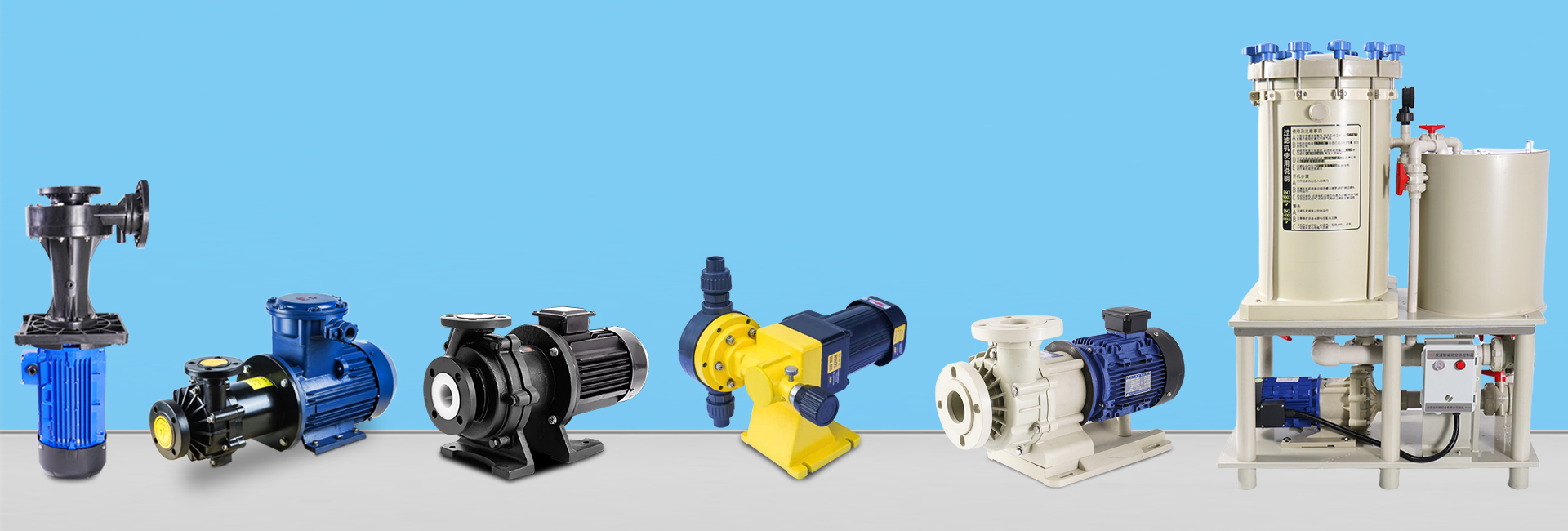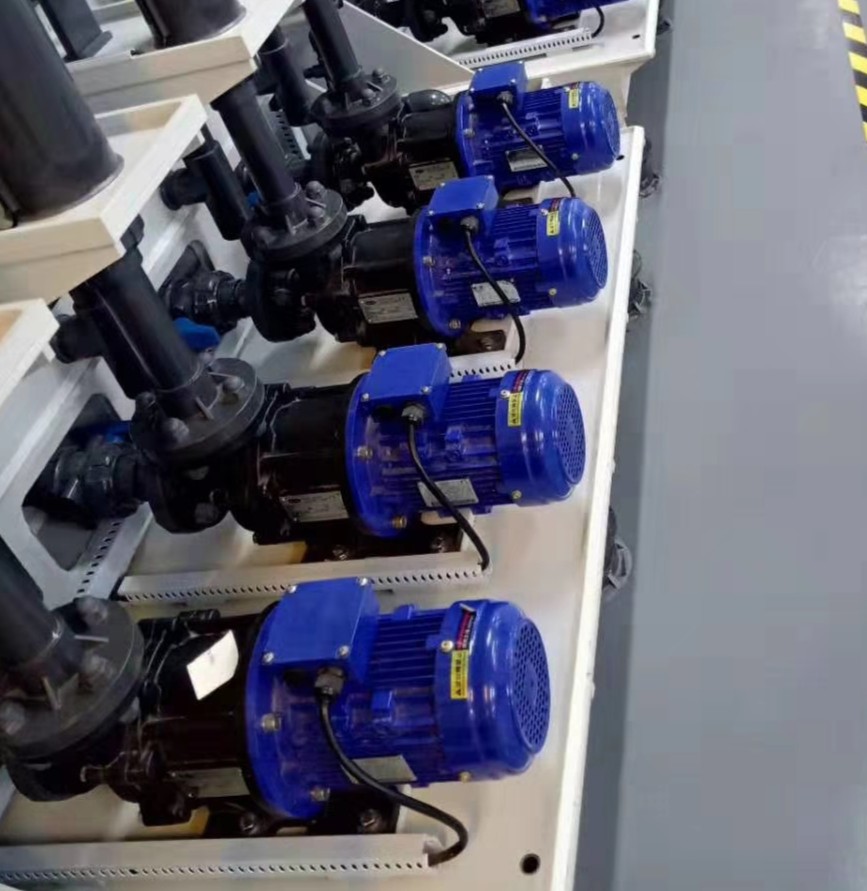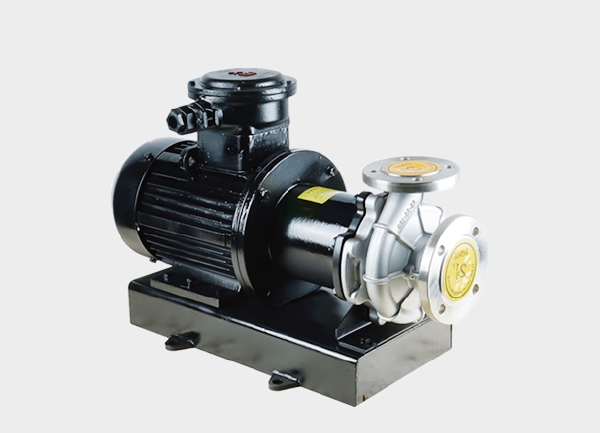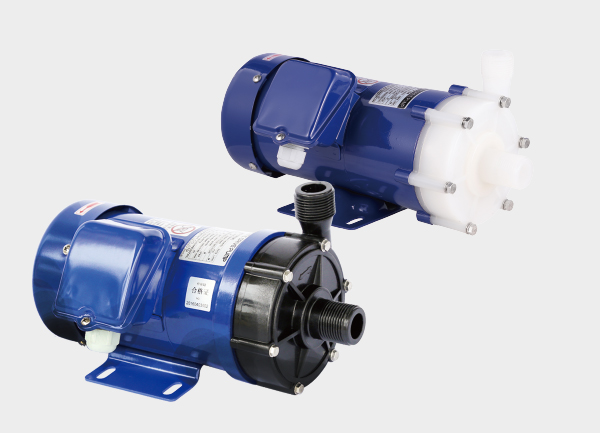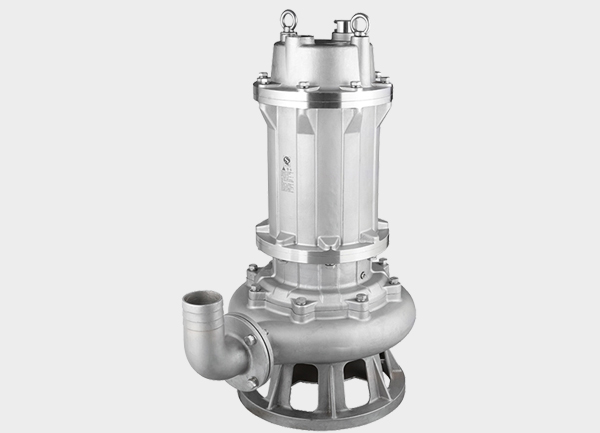In chemical production, transferring acidic, alkaline, toxic, flammable, and explosive fluids is a common requirement—and leakage remains the most critical hazard in such operations. The chemical magnetic pump is a specialized equipment designed to address this issue. With its non-contact transmission technology, it serves as a “safety guardian” in the chemical industry.
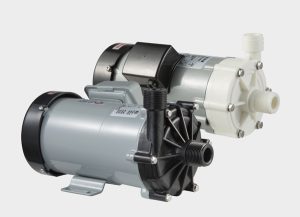
Chemical Magnetic Pump
1. Core Working Principle: Achieving Leak-Free Transmission via Magnetism
Traditional chemical pumps use mechanical seals (e.g., O-rings) to separate fluids from the motor. However, these seals are prone to wear and aging, leading to inevitable leakage over long-term use. The chemical magnetic pump, by contrast, relies on magnetic coupling transmission, whose key components include:
- Inner Magnetic Rotor: Submerged in the fluid, it is fixed to the pump impeller and rotates synchronously with the fluid.
- Outer Magnetic Rotor: Connected to the motor’s output shaft, it is driven to rotate by the motor.
- Isolation Sleeve: Made of corrosion-resistant metals or composite materials, it completely separates the inner and outer magnetic rotors, forming a sealed fluid transfer chamber.
When the motor drives the outer magnetic rotor to rotate, the magnetic field generated by the outer rotor penetrates the isolation sleeve and “remotely” drives the inner magnetic rotor to rotate synchronously. This, in turn, powers the impeller to transfer fluids. Throughout the process, the fluid remains enclosed by the isolation sleeve, eliminating leakage risks at the source.
2. Key Advantages Over Traditional Pumps
Compared with conventional sealed pumps, chemical magnetic pumps offer three core benefits:
- Absolute Leakage Prevention: Without mechanical seals, it avoids fluid leakage caused by seal failure—ideal for transferring toxic, hazardous, or volatile media (e.g., methanol, hydrochloric acid).
- Strong Corrosion Resistance: Fluid-contacting parts (impeller, pump body, isolation sleeve) are typically made of corrosion-resistant materials like stainless steel or fluoroplastics, enabling operation in harsh conditions with strong acids or alkalis.
- Stable Operation: No mechanical friction in transmission reduces component wear, lowering failure rates. Its service life is 30%–50% longer than traditional sealed pumps, with lower operating noise.
3. Critical Components: Ensuring Reliability
The performance and safety of a chemical magnetic pump depend on three key components:
- Isolation Sleeve: The core for leak prevention, it must balance “corrosion resistance” and “magnetic permeability.” Excessively thin sleeves risk cracking, while overly thick ones weaken the magnetic field.
- Magnetic Materials: Neodymium-iron-boron (NdFeB) permanent magnets are commonly used for their high magnetic energy density, ensuring sufficient transmission torque to avoid “slippage” (inner rotor failing to keep up with the outer rotor’s speed).
- Cooling System: Magnetic field effects and fluid friction generate heat. Excessive temperatures can cause magnet demagnetization, so some pumps are equipped with water-cooling or air-cooling systems.
4. Application Scenarios & Usage Precautions
Typical Applications
Chemical magnetic pumps are widely used in industries such as:
- Petrochemicals
- Pharmaceuticals
- Electroplating
- Environmental protection
They are particularly suitable for transferring:
- Toxic media (e.g., cyanide solutions)
- Flammable/explosive media (e.g., ethanol, gasoline)
- Highly corrosive media (e.g., concentrated sulfuric acid, concentrated nitric acid)
Usage Precautions
- Prohibit Dry Operation: Without fluid for cooling, dry operation can quickly damage the isolation sleeve and magnets.
- Avoid Solid-Containing Fluids: Solid particles can abrade the inner magnetic rotor and isolation sleeve, compromising sealing.
- Regularly Inspect Magnetism: Magnets may demagnetize over long-term use. Timely replacement is necessary to prevent reduced flow rates.
As a “safety pioneer” in chemical equipment, the chemical magnetic pump replaces “mechanical seals” with “magnetic transmission.” It not only solves the leakage problem but also improves operational stability, providing reliable support for safe and efficient chemical production.

